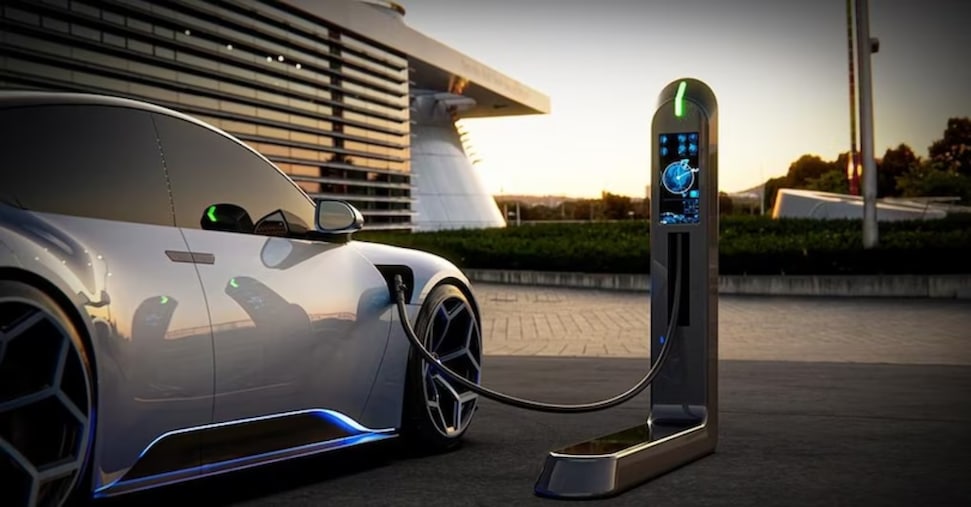If in Europe the sale of electric cars reached 15% of the total number of registrations last May, in Italy we fell behind: in the same month, in fact, the sale of “full electric” models settled at a much higher measly 4.1%. An increasing percentage compared to the 3.6% recorded in May 2022, but still well below the European average.
To try to understand the reason for this anomaly, we asked for the opinion of Antonio De Bellis, E-mobility Lead Manager of ABB Italy and vice president and of Motus-E, the association born in Italy to systematize and accelerate the transition towards mobility electric.
According to De Bellis, the reasons for the low percentage of sales of “full electric” cars in our country is due to a negative mix of approximate knowledge on the part of users and a lack of future vision on the part of politics. “If you are in a country where there is a campaign based much more on fake news than on facts, a lot of uncertainty is created for a purchase that is necessary in some cases”, such as that of a car, “in other cases perhaps more ».
De Bellis points out that the lack of information can lead potential customers to believe in the imminent advent of technologies that are not yet mature for the car market, such as hydrogen, diverting potential buyers away from full electric models which are in fact already on the price list . «Also speaking to friends and acquaintances who have to change cars, the problem they have in mind is somewhat linked to all these contradictions that are mentioned. “The future will be hydrogen”, we often hear. But it’s true? Until recently, here in Italy, it seemed that hydrogen was the holy grail of the future of the car. But – and I speak from an engineering point of view – I can only say “good luck” about this. In the sense that maybe sooner or later we will also reach the goal [di trovare in commercio veicoli con propulsione a idrogeno, ndr], but first of all I don’t think they will be cars and then it will take time anyway. Today the technology is not ready and has decidedly higher costs».
The problem, says De Bellis, is above all political: «If there were a little more logic in applying the incentives for the purchase of cars… today everything can be said except that we are facilitating the penetration of electricity, as has been done in other countries instead. There should be less confusion from the point of view of the messages given to companies and citizens”.
